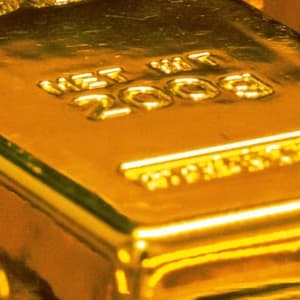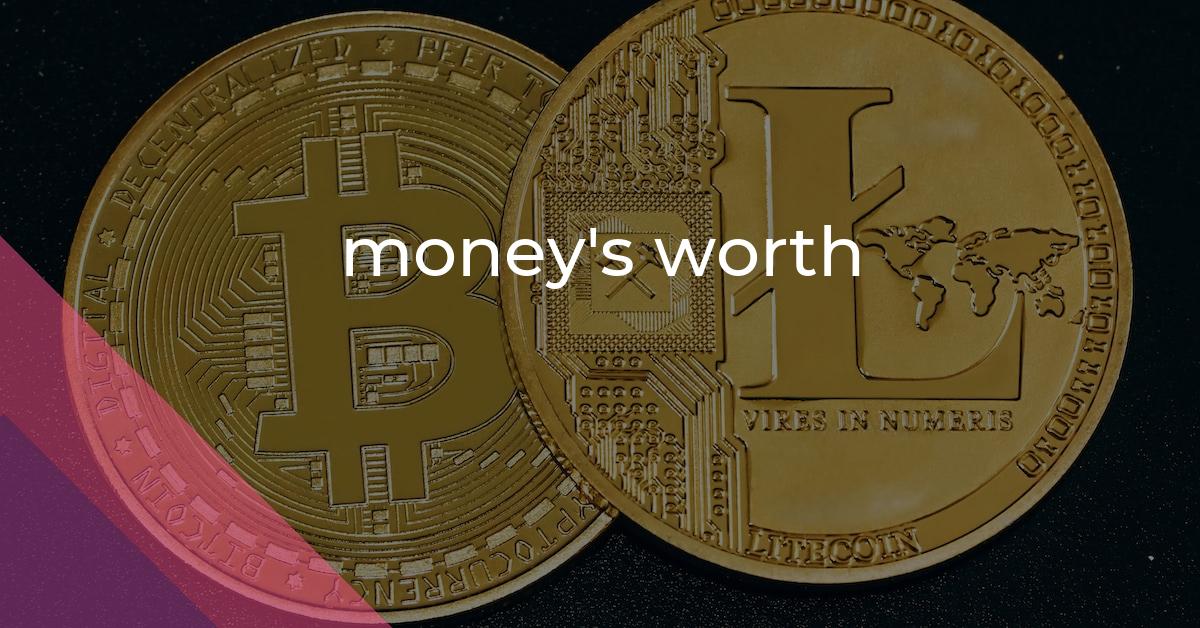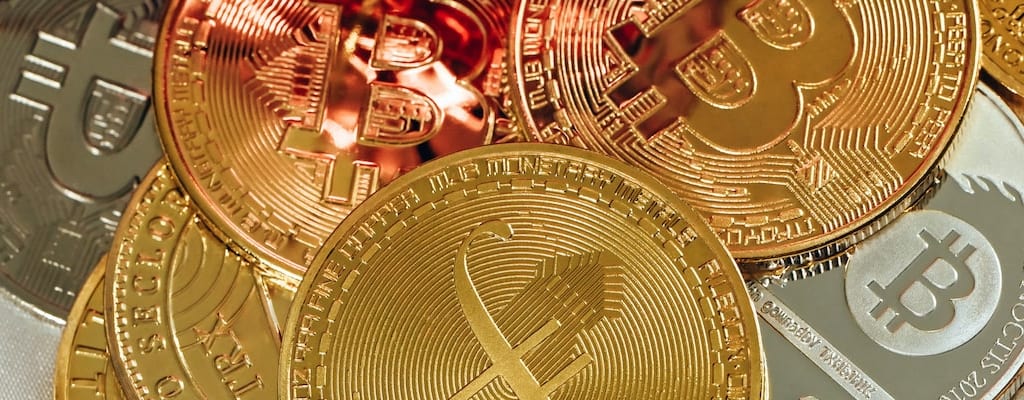money’s worth: Idiom Meaning and Origin
What does ‘money's worth’ mean?
The idiom "money's worth" means receiving value or benefit equal to the amount of money paid for something.

Idiom Explorer
The idiom "worth every penny" means that something is of such high value or quality that it fully justifies the price paid for it.
The idiom "pretty penny" means a significant or large amount of money. It is often used to emphasize the high cost or value of something.
The idiom "much of a muchness" means that two or more things are very similar or almost identical in value or quality.
The idiom "more than one bargained for" means to receive or experience more than what was expected or anticipated.
"Monopoly money" is an idiom that refers to money or currency that has no real value in the real world, similar to the colorful play money used in the board game Monopoly. It is often used to describe something that is worthless, fake, or not accepted as a legitimate form of payment.
The idiom "money pit" refers to a project or investment that continuously requires a large amount of money to maintain or complete, often resulting in financial loss.
The idiom "money for jam" means easy money or a task that requires little effort but pays well.
The idiom "Miller of Dee" refers to someone who is content and satisfied with what they have, regardless of their material wealth or circumstances.
The idiom "measure up" means to be equal to or reach a certain standard or expectation.
Hidden Treasure
The idiom "money's worth" refers to the value or benefit obtained in exchange for money or effort. It is commonly used in English to describe whether something was worth the cost or if a purchase or experience provided good value. The phrase conveys the idea of getting the full value or maximum benefit out of a transaction.
When discussing "money's worth" in a consumer context, it means obtaining value for one's money. This idiom is often used to evaluate whether a purchase or investment has met or surpassed expectations, leading to a sense of satisfaction or contentment. It emphasizes the importance of receiving a fair and worthwhile return on one's financial expenditure.
The association between "money's worth" and financial matters is evident in the use of the word "money." This word suggests a monetary transaction or exchange, indicating that the idiom primarily relates to commerce and economics. It reflects the recognition that financial considerations play a significant role in determining the value and worthiness of an item or experience.
The word "worth" in the idiom implies the value or merit of something, and it can be measured and evaluated based on the price paid or the effort expended. It underscores the notion that the worthiness of an item or experience can be assessed in relation to the cost or investment involved.
Throughout history, various similar idiomatic expressions have been used in different languages and cultures to convey similar sentiments. For instance, in French, the equivalent idiom is "pour son argent" (for one's money), which also emphasizes obtaining value in exchange for money.
The concept of "money's worth" traces back to the early 18th century when the connection between money and value became more prominent in society. The acquisition of material goods and the pursuit of financial gain began to be closely associated with personal success and satisfaction. As a result, the phrase "money's worth" emerged as a means of evaluating whether the benefits or value obtained justified the cost of an item or experience.
However, it is important to note that the usage and interpretation of the idiom "money's worth" can vary depending on context and individual perspectives. Factors such as personal expectations, financial situations, and cultural influences can shape how this idiom is understood and applied.
One related idiom that further illustrates the concept of "money's worth" is "good value." This phrase is commonly used to describe something that offers a high level of quality or usefulness in relation to its price. When something is considered "good value," it means that it provides a significant benefit or advantage for the amount of money spent.
Another related idiom is "worth every penny." This expression emphasizes the idea that something is completely worth the amount of money paid for it. When something is deemed "worth every penny," it implies that the value obtained is equal to or exceeds the amount spent, resulting in complete satisfaction or contentment.
"pretty penny" is another idiomatic phrase related to the concept of "money's worth." This expression is used to describe something that is expensive or costs a significant amount of money. It highlights the monetary value or cost associated with a particular item or experience.
Lastly, the idiom "Monopoly money" provides a unique perspective on the notion of "money's worth." It refers to money that is considered to be fictitious or of no real value. By using "Monopoly money" as an idiom, it emphasizes the idea of something being worthless or lacking in actual value, contrasting with the expectation of receiving something of worth in exchange for money.
The idiom "money's worth" represents the value or benefit obtained in exchange for money or effort. It is associated with consumer satisfaction and the evaluation of whether a purchase or experience was worth the cost. This idiom has a historical basis in the increasing importance placed on financial transactions and the pursuit of personal gain. While it is widely used, the specific interpretation and usage of the idiom can vary depending on context and individual perspectives, adding to its richness and potential for exploration.
Example usage
Examples of how the idiom *money's worth* can be used in a sentence:
- I wanted to make sure I got my money's worth, so I stayed at the amusement park until closing time.
- The hotel offered a buffet breakfast that was included in the room rate, so I made sure to eat a lot and get my money's worth.
- She splurged on a designer handbag but felt guilty unless she knew she was getting her money's worth by using it every day.
More "Value" idioms



